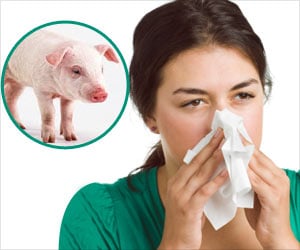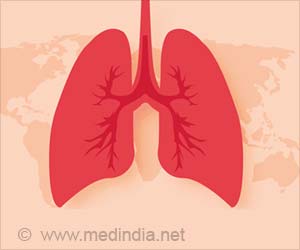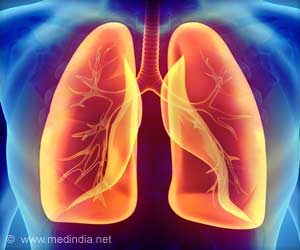It is AH1N1 epidemic here, China declares and is pulling out all stops to combat it. Foreigners and locals suspected of being infected are being quarantined.
It is AH1N1 epidemic here, China declares and is pulling out all stops to combat it. Foreigners and locals suspected of being infected are being quarantined and import of all pig products have been banned.
On Tuesday, it defended its quarantine of 25 Canadian students in Changchun, capital of northeastern Jilin Province, saying it was in accordance with law and the Canadians had assented to it.The students began a seven-day quarantine period at a hotel on May 2 when they arrived, the same day that Canada confirmed 51 cases of AH1N1 epidemic infection, said Foreign Ministry spokesman Ma Zhaoxu.
Canada has recorded up to 140 cases of AH1N1 flu by Tuesday, the third-highest figure following Mexico and the United States.
Ma said the quarantine was in line with the Law on the Prevention and Treatment of Infectious Diseases and Frontier Health and Quarantine Law of China.
The students were being treated well, and the authorities had made favorable arrangements for their residence, food and health care.
None of the students showed any signs of illness and they were satisfied with the situation, said Ma.
Advertisement
Quarantined Chinese citizens said that they understand the medical measures taken to prevent the spread of influenza AH1N1, despite the boredom of isolation.
Advertisement
She was among 176 passengers aboard flight AM098, on which a Mexican passenger was confirmed Friday to be infected with influenza AH1N1.
The Ministry of Health said Tuesday none of the quarantined passengers in China had showed flu symptoms.
Wen was woken up at midnight Saturday by a phone call from disease control staff, who informed her that she needed to be in quarantine because she was a passenger on the flight.
"I saw an ambulance waiting in front of my house after I hung up. At that moment, I felt apprehensive," said Wen, who had experienced the outbreak of severe acute respiratory syndrome (SARS) in 2003.
She said she was not so nervous when she saw medical staff wearing protective suits come aboard the aircraft to check passenger temperatures at the Shanghai airport.
"I felt safe because the Chinese government has taken strict and orderly disease-control measures," she said.
She told Xinhua that people in quarantine lived in separate hotel rooms. Food, fruit and flowers were sent to their rooms.
"We can talk by phone. Everybody sounds calm. We just complain life is boring," said Wen, adding their temperatures were taken twice a day.
She said service staff wearing masks cleaned and disinfect their rooms everyday.
A Chinese surnamed He, quarantined in Guangzhou, said Tuesday he fully understood the measures taken by the health authorities.
A worker at a local factory that had sold equipment to Mexican clients, He and his factory director had stayed in Mexico for 12 days to help their clients conduct equipment tests in April. They arrived in Shanghai on April 30 on flight AM098 from Mexico City.
"I knew I would be quarantined as soon as I learned that a Mexican man on board the same flight was diagnosed with A/H1N1 in Hong Kong Friday night, so I wasn't surprised to see quarantine personnel stand outside my family's door the next morning," he said.
"It's because we Chinese experienced SARS and we know how to deal with such an epidemic," he said.
Guangzhou was among China's hardest-hit cities during the 2003 SARS outbreak.
"I had planned to stay in a hotel instead of going home directly after I arrived in Guangzhou that night, but my 70-year-old mother wouldn't hear of it," he said.
He said the quarantine room in the hospital was cozy and comfortable despite a medicine smell he disliked.
"Meals are free, although they are not so good as my wife's cooking," he said. "I watch TV and talk to friends via telephone everyday. My factory director stays in a room next to me now."
He said for the sake of other people's health, he had asked his11-year-old daughter to take a week's leave from school and asked his family to stay indoors as much as possible.
"To be frank, I think it would have been better if I had been quarantined at an earlier date, say, in Shanghai. In that case, I wouldn't have worried that I would bring trouble to my family and other people," he said.
China has also slapped a temporary ban on import of pigs and pork products from Mexico, the epicenter of the latest wave of infections as also from some parts of the US and Canada.
China's measures meet the norms of various UN trade agencies, Foreign Ministry spokesman Ma Zhaoxu said.
The WHO has decided to remain its pandemic alert level at Phase5, saying it had no clear plan to raise it to Phase 6, the highest level which means a full pandemic is occurring. The disease has infected 1,085 people in 21 countries and killed a total of 23, with 22 in Mexico and one in the United States.
Source-Medindia
GPL/L







